Knox College plans to turn the Teresa Amott Science Commons into a makerspace hub, offering assistance with all sorts of science and textile design equipment.
During fall term 2023, the relocation of books from the science commons to Seymour Library left the student body wondering what’s happening with all the empty space at the Umbeck Science-Mathematics Center (SMC).
Rows of empty shelves currently occupy most of the space, with an added glass wall sectioning off the front area of the room. Several new individual study spaces have also been added.
“I think the space over there (SMC) will be exciting for students and exciting for faculty, and that more than makes up for losing the science library,” said Director of the Seymour Library, Anne Thomason.
Knox College received a grant in 2018 for science equipment. So far, the grant has funded the observatory and the focal microscope in the biology lab, and the remainder is to be used on equipment for the makerspace hub.
According to makerspace science technician Alex Fluegel the hub is scheduled to be set up in the science commons by fall term 2024.
“The idea is to have a student-centered space, something that will help the students with whatever immersive projects and research projects the students want to work on,” said Thomason.
The aim for the makerspace hub, according to Fluegel, is to have a “visible and accessible space for students to get the support they need to make whatever project or idea a reality.”
The hub will have a 3D printing space, an electronics work area with soldering equipment, testing equipment, and tools to repair and design electronics and circuit boards, as well as a Bantam Mini Mill that will allow students to create custom circuit boards. It will also have a textile design space with equipment like sewing machines, vinyl cutting and button making.
“There are a lot of pockets of resources, they are just not accessible, not advertised, people don’t know where to find them, and there’s not someone necessarily there to help when it’s convenient for students,” Fluegel said.
Moreover, there will be a designated room for virtual reality (VR) where students can access VR headsets and explore the virtual world. There will also be collaboration work spaces, computer workstations and quiet study spaces, as well as lockers for students to store materials and projects.
The makerspace hub will extend to the basement of the building for bulkier and noisier machinery like the computer numerical control (CNC) router for computer aided design (CAD) and geographic information system (GIS) stations.
“It really is meant to be an interdisciplinary space, so even if you’re not a science major you can come over, if your club wants to make something, there’s going to be people over there trained to help you figure out how to do it even if you’re not a physics major,” Thomason said. “To me, that’s what a Knox education is all about.”
The process to get this project done is already under way with the final budget approvals and organizational meetings happening this term, as well as finalizing what equipment Knox College wants to invest in.
With the opening of the makerspace hub, many new student worker positions and training opportunities will also be available.
Some Students, like the members STEAM (Science, Technology, Engineering, Art, and Math) Club are already looking forward to the opening of the makerspace hub, as it will bring their activities to the foreground of the science department, allowing them to be more accessible and visible, as well as helping the club grow.
“Students have been pushing for a space like this for a while, I’m excited to hear it’s finally happening,” said Senior and former president STEAM Club Izn-e-Allah.
The faculty wants to hear the student body’s input on what they would like to see happening in the science commons. You can email Alex Fluegel with your thoughts and ideas at [email protected].

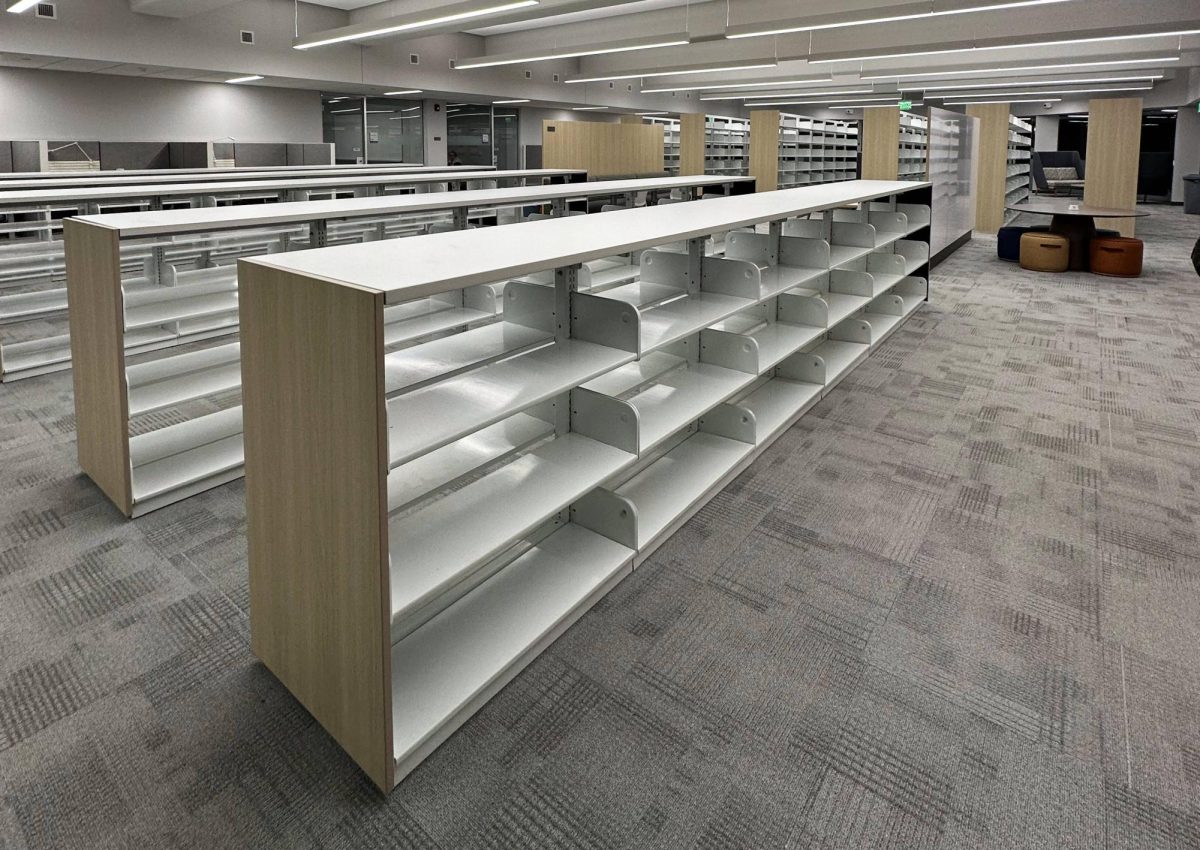
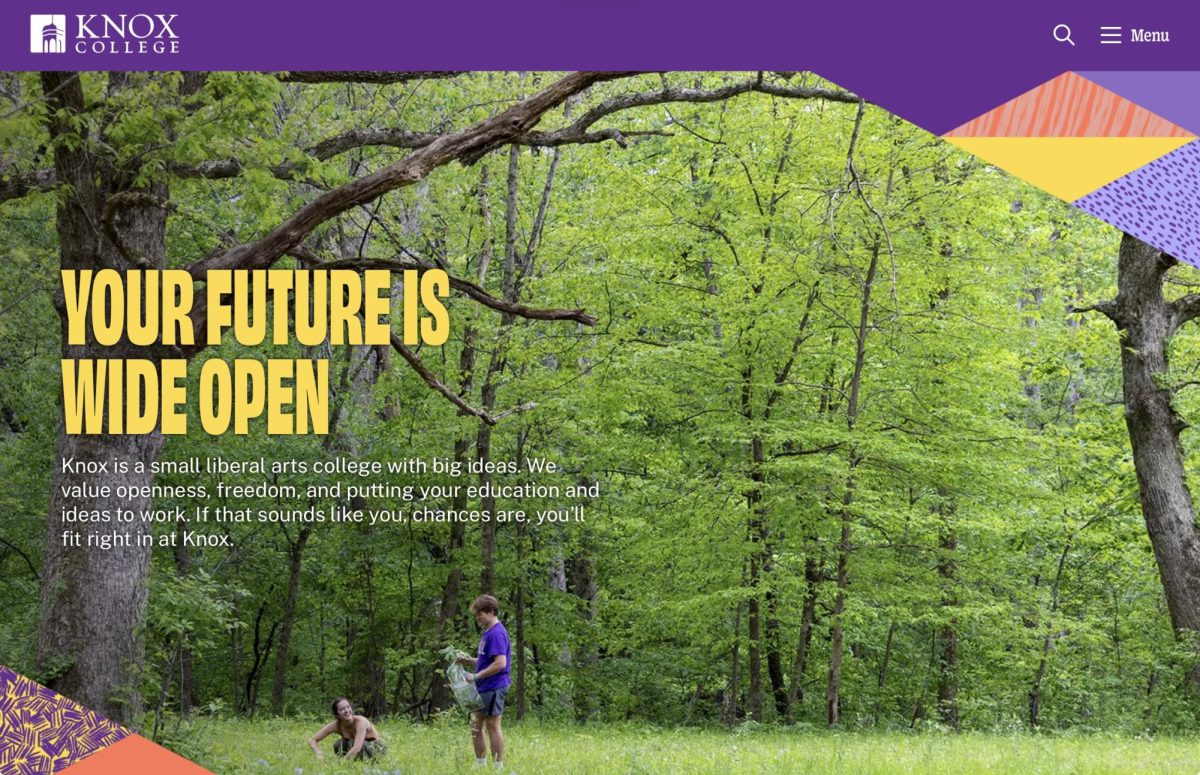
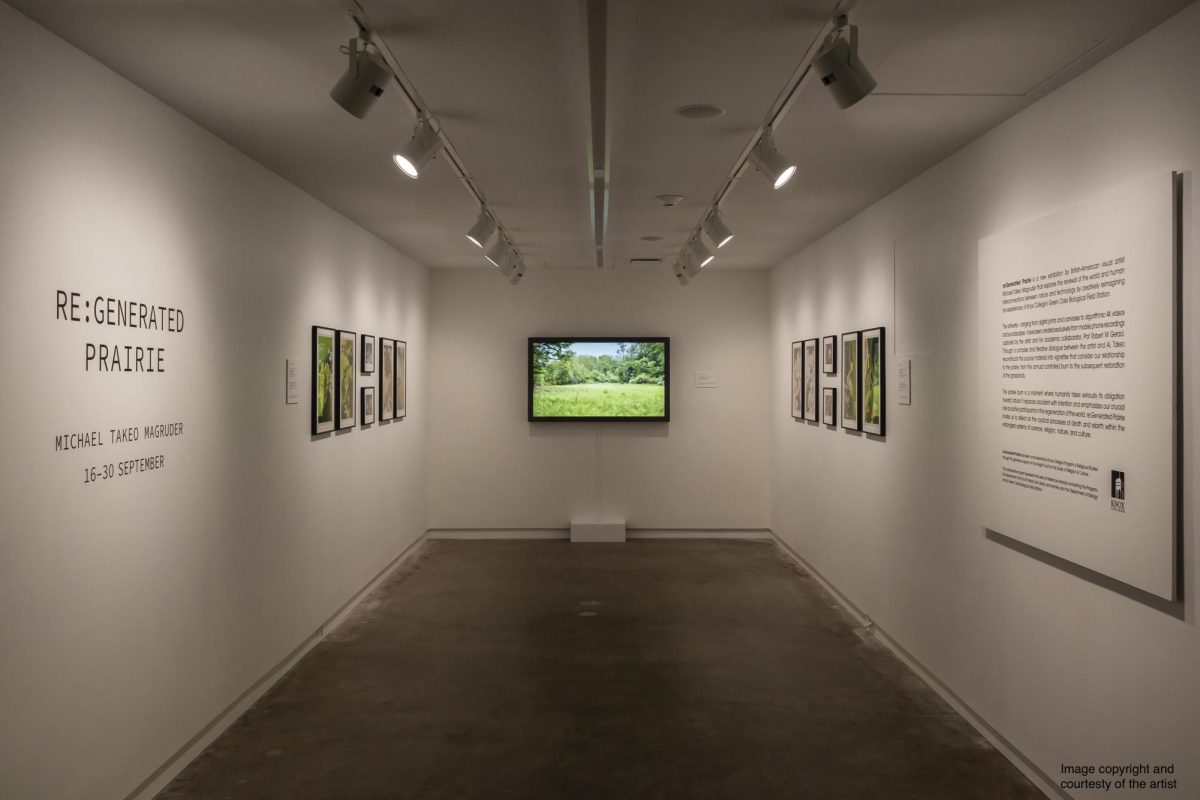


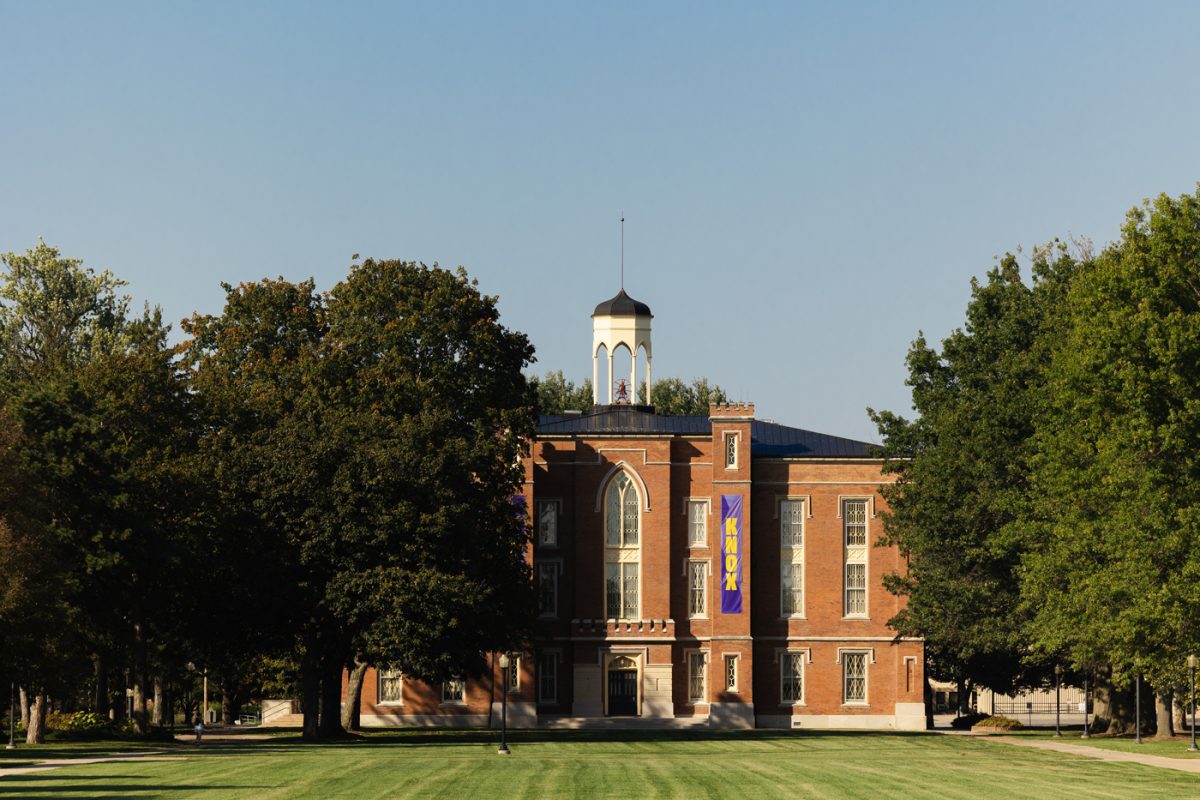
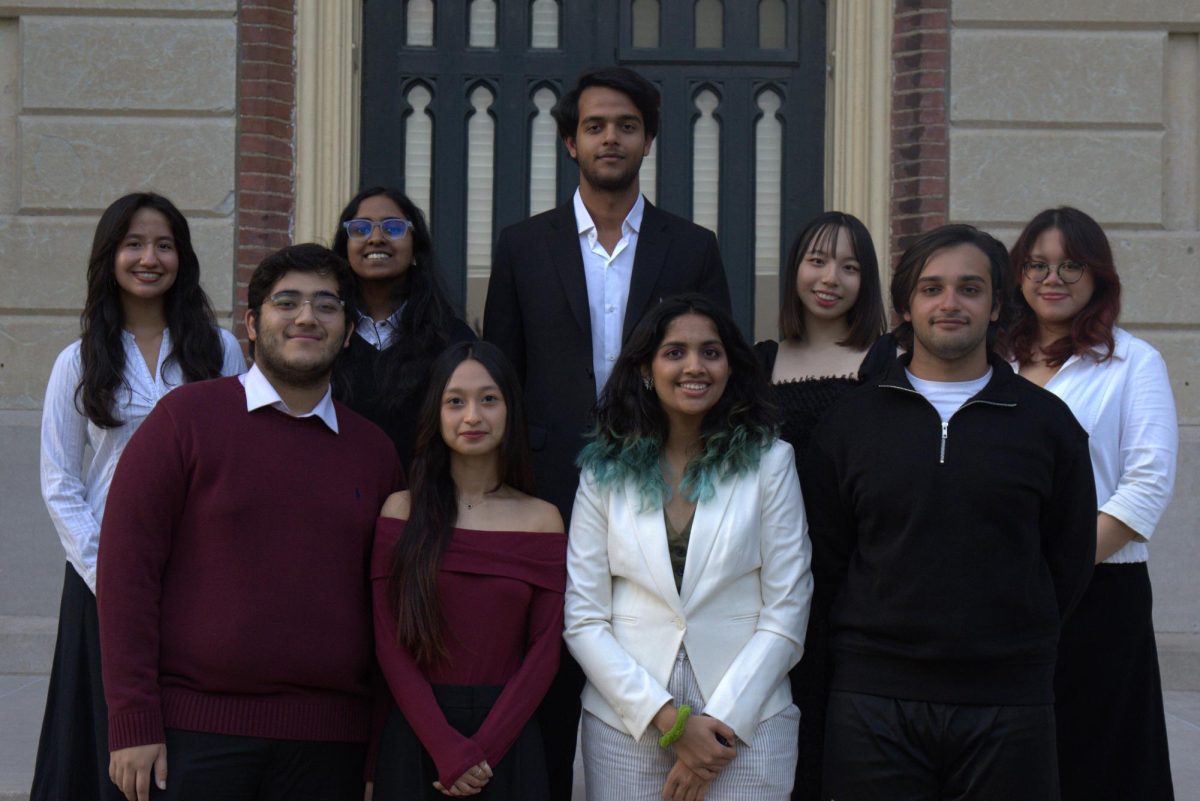
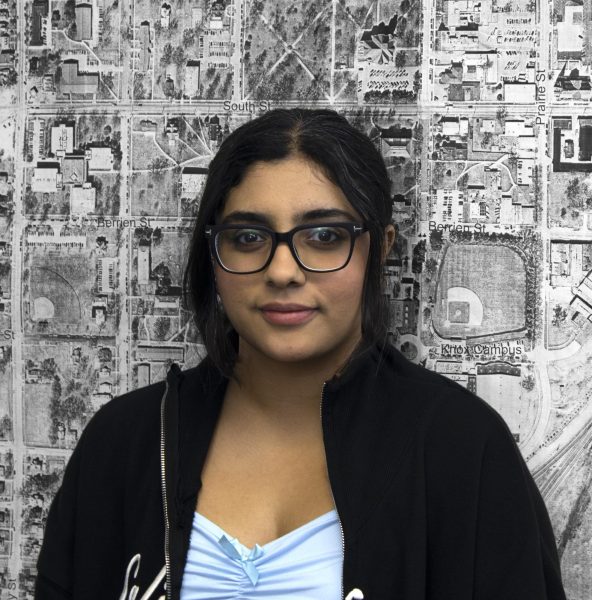
Imtiaz • Feb 3, 2024 at 5:58 am
As a new student of Knox, Pareesae Imtiaz has done a great job